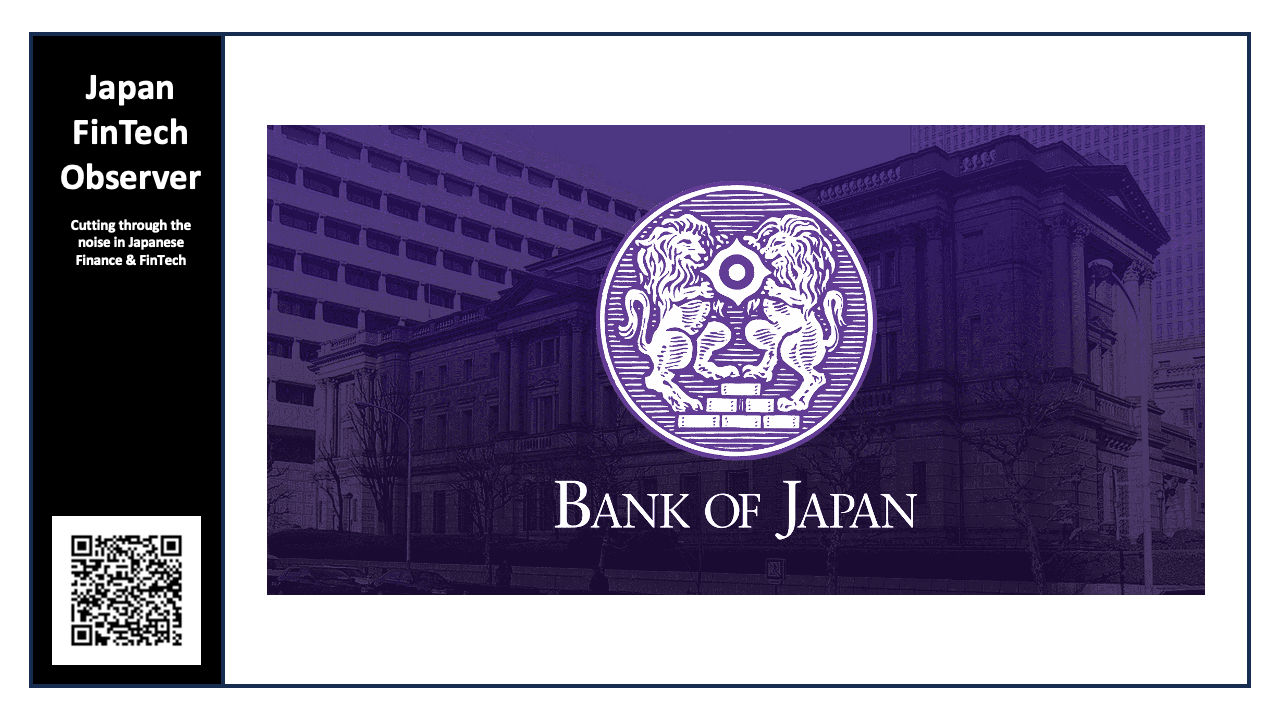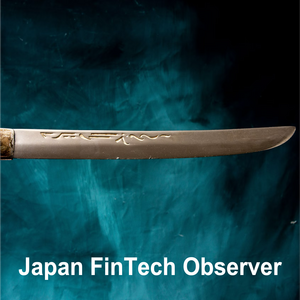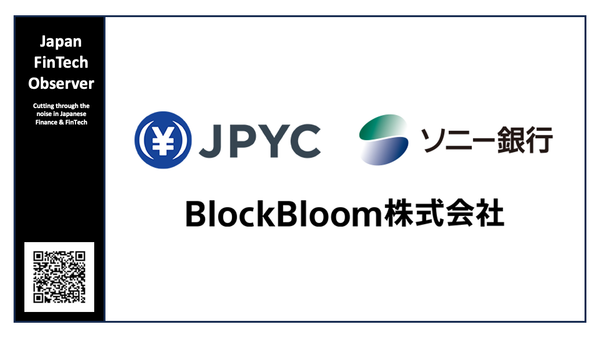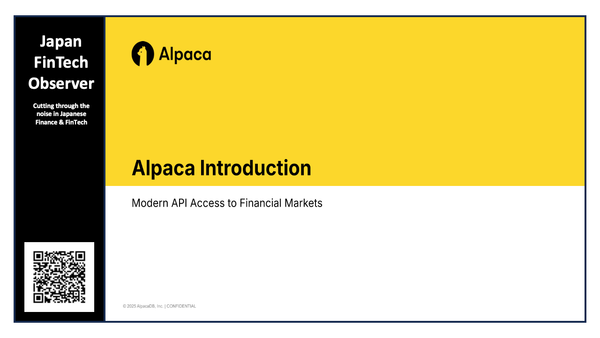Takeaways from Governor Ueda's Press Conference: The 100 Year ETF Divestment Plan
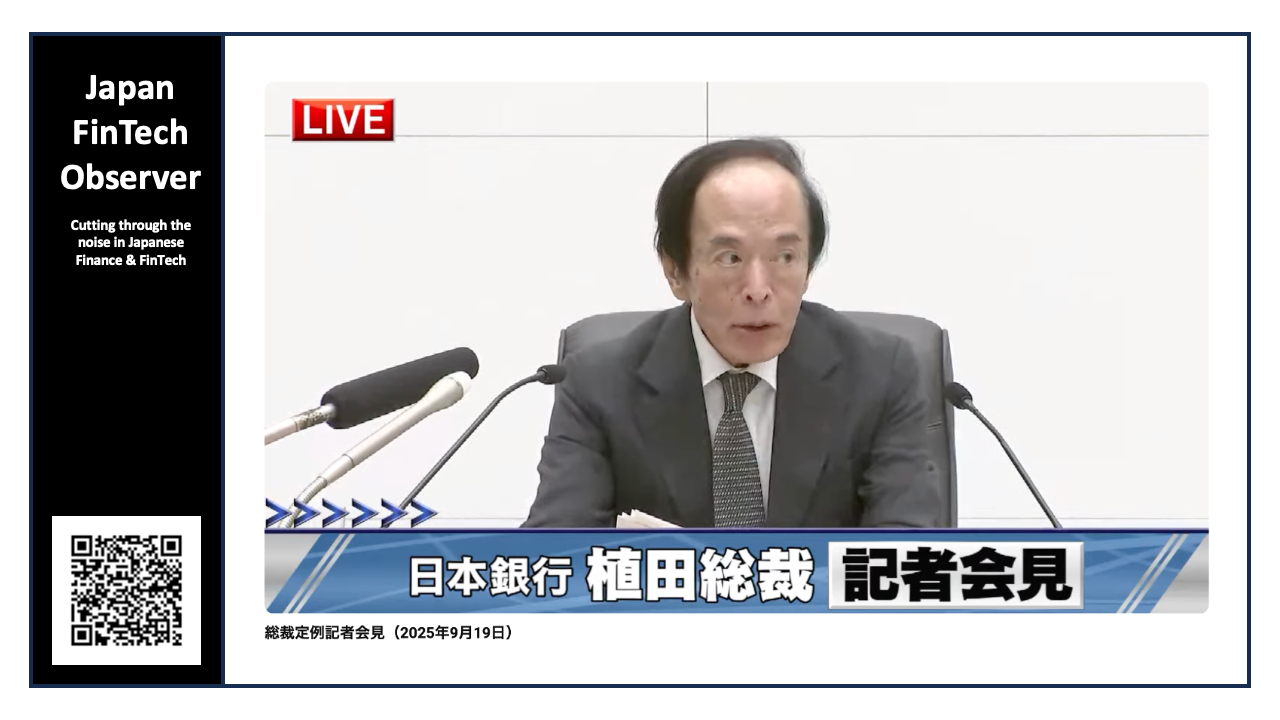
At the Monetary Policy Meeting ending today, the Policy Board of the Bank of Japan decided, by a 7-2 majority vote, to set the following guideline for money market operations for the intermeeting period: The Bank will encourage the uncollateralized overnight call rate to remain at around 0.5 percent.
As is customary, publication of the decision was followed by Governor Ueda's press conference.
Key Takeaways
- Policy Rate Held Steady: The BOJ maintained its key policy rate, the uncollateralized overnight call rate, at its current level of around 0.5%, signaling a continued accommodative stance.
- ETF and J-REIT Sales Announced: In a significant move, the BOJ decided to begin selling its massive holdings of Exchange-Traded Funds (ETFs) and Japan Real Estate Investment Trusts (J-REITs).
- Extremely Gradual Pace of Sales: The sales will be conducted at a very slow pace to avoid market disruption: approximately ¥330 billion per year for ETFs and ¥50 billion per year for J-REITs (on a book-value basis). At this rate, a full exit would take over 100 years.
- Two Dissenting Votes for a Rate Hike: Two policy board members, Mr. Takada and Mr. Tamura, dissented from the decision to hold rates, both advocating for a rate hike to 0.75%.
- Cautious on Future Hikes: Governor Ueda emphasized that future policy adjustments remain data-dependent. He highlighted significant downside risks from overseas economies, particularly related to US trade policy, suggesting the BOJ needs more time to assess the economic impact before considering further rate hikes.
- Economic Outlook Unchanged: The BOJ's assessment of the Japanese economy is one of "gradual recovery," with inflation in the latter half of the 2% range and expected to move sustainably toward the 2% target.
Detailed Summary of the Press Conference
1. Opening Statement by Governor Ueda
Monetary Policy Decision:
Governor Ueda announced that the policy board voted 7-2 to maintain the current monetary policy, keeping the target for the uncollateralized overnight call rate at around 0.5%. He noted two dissenting votes from board members Takada and Tamura, who both proposed raising the policy rate to 0.75%.
- Takada's rationale for the proposed hike was his belief that the long-standing "norm" of low inflation has shifted and the 2% inflation target has largely been achieved.
- Tamura's rationale was based on concerns about growing upside risks to inflation and the need to move the policy rate closer to a neutral level.
ETF and J-REIT Sales:
The most significant announcement was the unanimous decision to begin selling the BOJ's holdings of ETFs and J-REITs.
- Pace and Method: The sales will be gradual. ETFs will be sold at a pace of approximately ¥330 billion per year (book value), and J-REITs at ¥50 billion per year (book value). The pace was determined by referencing the successful and non-disruptive sale of shares previously purchased from financial institutions.
- Flexibility: The BOJ retains the flexibility to temporarily adjust or halt sales depending on market conditions to ensure stability.
- Process: The BOJ will select a trust bank to handle the sales, which will begin once preparations are complete.
Economic and Price Outlook:
- Economy: The Japanese economy is judged to be "recovering moderately," though some weakness is evident. The growth pace is expected to slow down due to the impact of overseas economic deceleration on Japanese corporate profits.
- Inflation: The year-on-year core CPI (excluding fresh food) remains in the latter half of the 2% range, influenced by the pass-through of wage increases and rising food prices. The BOJ expects the underlying inflation rate to gradually increase and reach a level consistent with the 2% target toward the end of the forecast period.
Risks and Future Policy:
Governor Ueda stressed that uncertainty remains high, particularly concerning the future of global trade policies and their impact on the global economy and financial markets. He reiterated that the BOJ will continue to adjust the degree of monetary accommodation based on economic and financial developments, but without any preconceived notions, emphasizing a data-dependent approach.
2. Key Points from the Q&A Session
On the Next Rate Hike and Economic Conditions:
- When asked about the criteria for the next rate hike, Governor Ueda stated that the BOJ needs more time to assess the impact of downside risks, especially from US trade policy and its effects on the US and global economies. While the BOJ's central forecast hasn't changed since July, the uncertainty surrounding it is very high. He wants to see more data to confirm the economy's resilience before moving.
On the ETF/J-REIT Sales:
- Timing: The decision was made now because the BOJ had completed its internal review and preparations, drawing on its experience with selling bank-held shares. The timing was not determined by current high stock market levels.
- Duration and Responsibility: When asked about the 100+ year timeframe for the sales, Ueda acknowledged the long duration. He stated that the current board's responsibility is to establish a clear, non-disruptive framework. While future boards will oversee the majority of the process, the framework allows them to review the sales pace based on future market and economic conditions.
- Communication: Regarding the "surprise" nature of the announcement, Ueda explained that providing detailed forward guidance on market-sensitive operations like asset sales is difficult and could be counterproductive.
On Dissenting Opinions and Internal Debate:
- Elaborating on his disagreement with the dissenters, Ueda said that while he acknowledges the arguments about shifting inflation norms and upside risks, his own view is that the 2% target is not yet durably achieved. The significant downside risks from abroad warrant maintaining the current level of monetary accommodation for now.
On the Impact of a Weak Yen:
- When questioned about the yen's weakness, Governor Ueda gave his standard response that the BOJ does not comment on short-term currency movements, as exchange rates are influenced by many factors.
